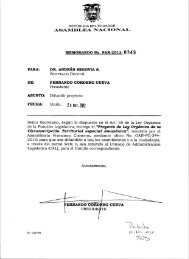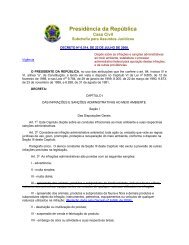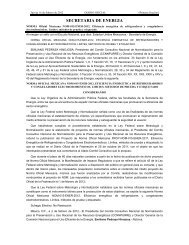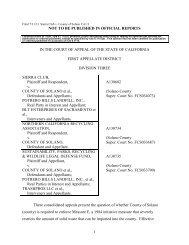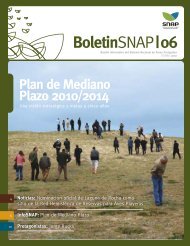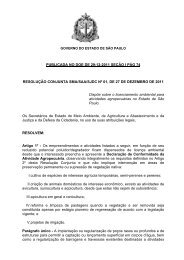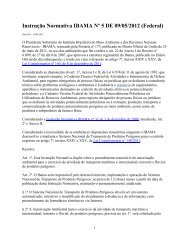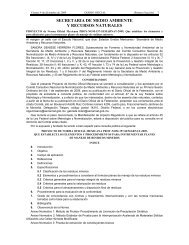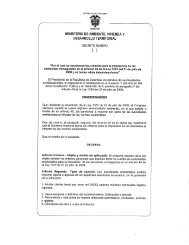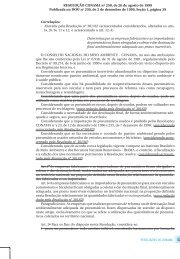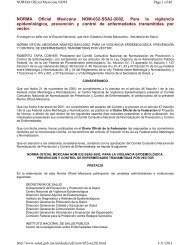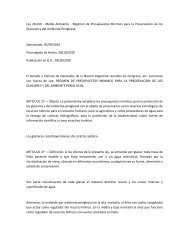OceAn science OceAn science OceAn science
OceAn science OceAn science OceAn science
OceAn science OceAn science OceAn science
Create successful ePaper yourself
Turn your PDF publications into a flip-book with our unique Google optimized e-Paper software.
Assessing Meridional Overturning Circulation<br />
Variability: Implications for Rapid Climate Change<br />
The objective of this near-term priority is improved understanding of the mechanisms<br />
behind fluctuations of the MOC, which will lead to new capabilities for monitoring and<br />
making predictions of MOC changes. These predictive capabilities will help identify the<br />
impacts of MOC changes on the ocean, climate, extreme weather events, regional sealevel<br />
changes, ecosystems, and carbon budgets.<br />
Approach<br />
Given current limited understanding of the MOC, describing the MOC, its variability,<br />
and critical process, and the ability to model these will be an early and ongoing emphasis<br />
of the program. Enhanced understanding of the MOC system, including its processes<br />
and fluctuations, will be gained through the analysis of existing data sets. This expanded<br />
understanding will provide the foundation for the design and implementation of a comprehensive<br />
MOC observation and monitoring program. In parallel, new forecasting capabilities<br />
will be developed by improving ocean models, coupled models, and ocean analyses<br />
for their initialization. Finally, interdisciplinary research and modeling studies will be<br />
required to characterize the impacts and feedbacks of changes in the MOC on ecosystems,<br />
carbon budgets, and regional climate. Initial federal implementation is derived from<br />
the work of three agencies and has many linkages with CCSP. Agency contributions to<br />
address this priority include:<br />
• NASA—Use current and future ocean measurements from satellites to assess processes<br />
responsible for MOC variability and to improve ocean models through<br />
advanced ocean-state estimation. Refine ocean-state estimates spanning the past<br />
50 years, incorporating all available in situ and remotely sensed observations. Use<br />
modeling studies to assess impacts of MOC changes on sea-level changes and high<br />
latitudes.<br />
• NOAA—Conduct modeling experiments on the origins of MOC variability leading<br />
to improved understanding of the relative roles of wind and thermohaline forcing.<br />
Test models and theories against climate data sets and implements improved models<br />
for MOC-related studies.<br />
• NSF—Conduct relevant ocean-process studies in the Atlantic and sub-Arctic<br />
Oceans to improve ocean-model parameterizations, and performs MOC analysis<br />
and modeling studies. Support historical MOC reconstructions and improved dataassimilation<br />
systems; initiate modeling studies of the impacts of MOC changes on<br />
North Atlantic storminess, ecosystems, and ocean carbon uptake.<br />
80



